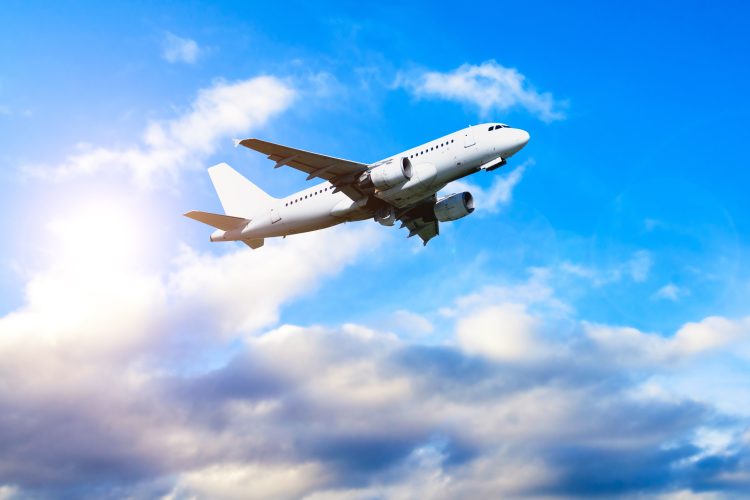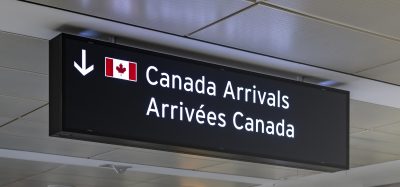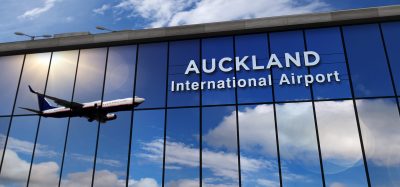Airports excited by Swedish government’s removal of aviation tax
- Like
- Digg
- Del
- Tumblr
- VKontakte
- Buffer
- Love This
- Odnoklassniki
- Meneame
- Blogger
- Amazon
- Yahoo Mail
- Gmail
- AOL
- Newsvine
- HackerNews
- Evernote
- MySpace
- Mail.ru
- Viadeo
- Line
- Comments
- Yummly
- SMS
- Viber
- Telegram
- Subscribe
- Skype
- Facebook Messenger
- Kakao
- LiveJournal
- Yammer
- Edgar
- Fintel
- Mix
- Instapaper
- Copy Link
Posted: 5 September 2024 | Gabriel Higgins | No comments yet
The International Air Transport Association along with Swedavia, are pleased with the Swedish government’s decision to remove the aviation tax, which was previously criticised for stalling growth in the sector.


Multiple organisations have welcomed the Swedish government’s announcement that it will abolish the country’s aviation tax, from July 1 2025. “We congratulate the Swedish government for abolishing the aviation tax. It is excellent news, which recognises that taxation of air passengers is counterproductive economically and ineffective environmentally”, said Rafael Schvartzman, Regional Vice President for Europe for the International Air Transport Association.
Swedavia, who owns ten airports in Sweden, four of which are international, (Stockholm Arlanda Airport, Bromma Stockholm Airport, Göteborg Landvetter Airport, and Malmö Airport) are also excited by the news. Jonas Abrahamsson, Swedavia’s President and CEO said: “Swedavia welcomes this proposal. The aviation tax has hampered Swedish flight accessibility, competitiveness and growth. In addition, it has not supported the necessary climate transition as it treats all fuels, including biobased jet fuel, equally.”
What is the aviation tax and why was it disliked?
Swedish Aviation Tax is levied on commercial flights carrying passengers and departing from a Swedish airport. It only applies to larger aircraft as aircraft with a seating capacity of 10 or less are exempt.
The tax rate depends on the passenger’s destination. Flights to countries listed under Appendix 1 of the Aviation Tax Act will pay 76 SEK. Some of these countries include:
- Albania
- Belarus
- Cyprus
- Denmark
- Estonia
- Finland
Destinations that are typically outside Europe will cost more at 315 SEK, some of these places are:
- Azerbaijan
- Bahrain
- Egypt
- United Arab Emirates.
“Better air connectivity boosts the productive capacity of the economy, leading to stronger tax revenues in the long term. Sweden’s post-pandemic aviation recovery has notably lagged behind its neighbours, a problem made worse by the tax. And the number of routes had still not rebounded to 2019 levels by the end of 2023. The removal of this tax shows the Swedish government is serious about restoring access to air travel for all its citizens across the whole country, and will give a strong positive economic signal for investors,” said Mr Schvartzman.
What should be done now?
“Aviation must get to net-zero CO2 by 2050. That is non-negotiable. But that will not be achieved by pricing people off planes. The solution is to invest in sustainable aviation fuels and other technologies. Sweden is in a prime position to make itself a leader in these fields, with its proud domestic aviation industry and its abundant resources to create SAF. We look forward to working with the Swedish government and energy industry to help focus delivery of this,” said Mr Schvartzman.
Mr Abrahamsson believes that: “A broad focus on how the industry ensures competitive and sustainable air travel is now required. Policy instruments already exist at EU level and Sweden now needs to promote innovation and effective tools. Swedavia’s role is to connect all parts of Sweden and to connect Sweden to the rest of the world. At the same time, we are working intensively on the industry’s climate transition by promoting bio jet fuel, hydrogen and electric aviation.”
Related topics
Related airports
Bromma Stockholm Airport, Göteborg Landvetter Airport, Malmö Airport, Stockholm Arlanda Airport


















